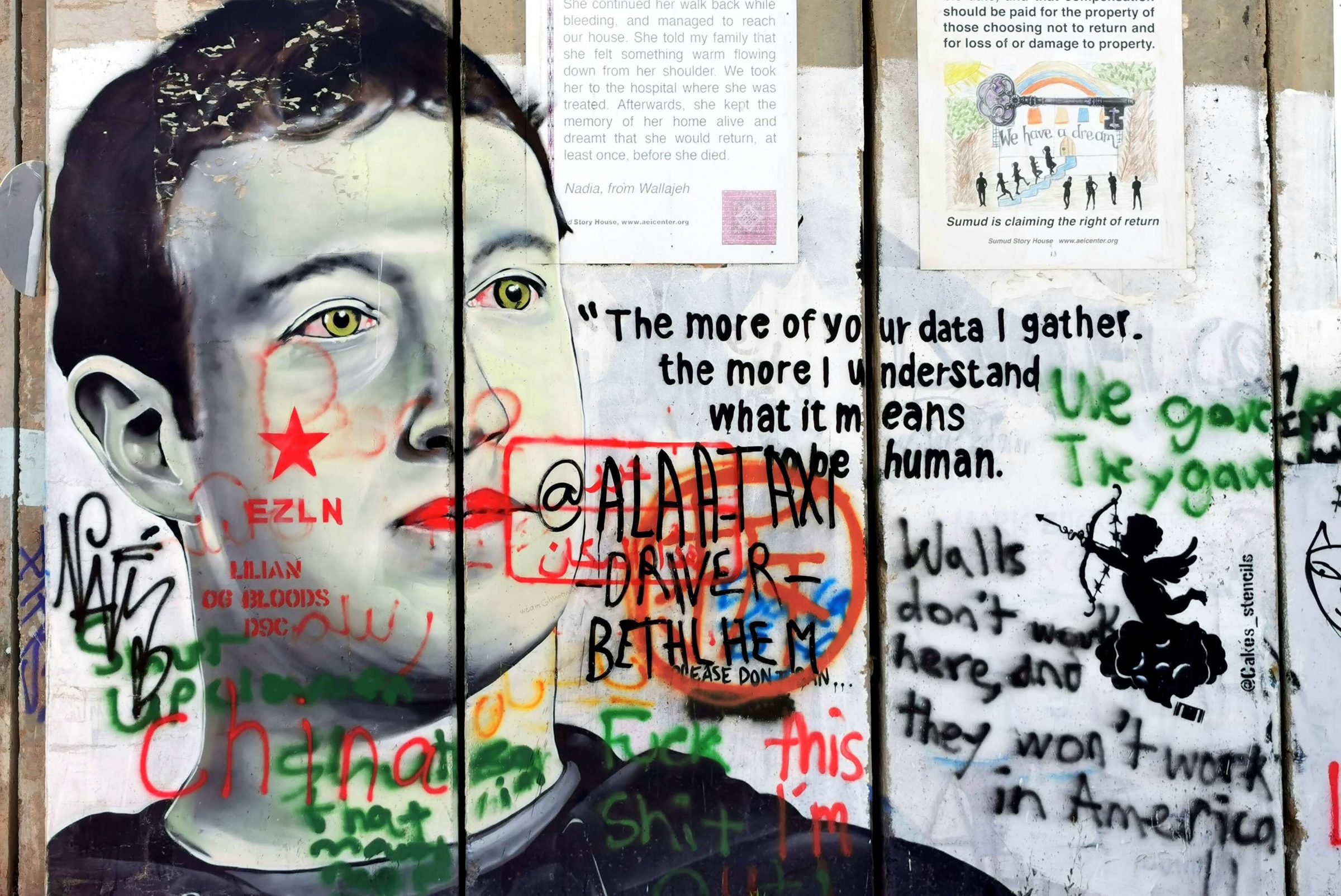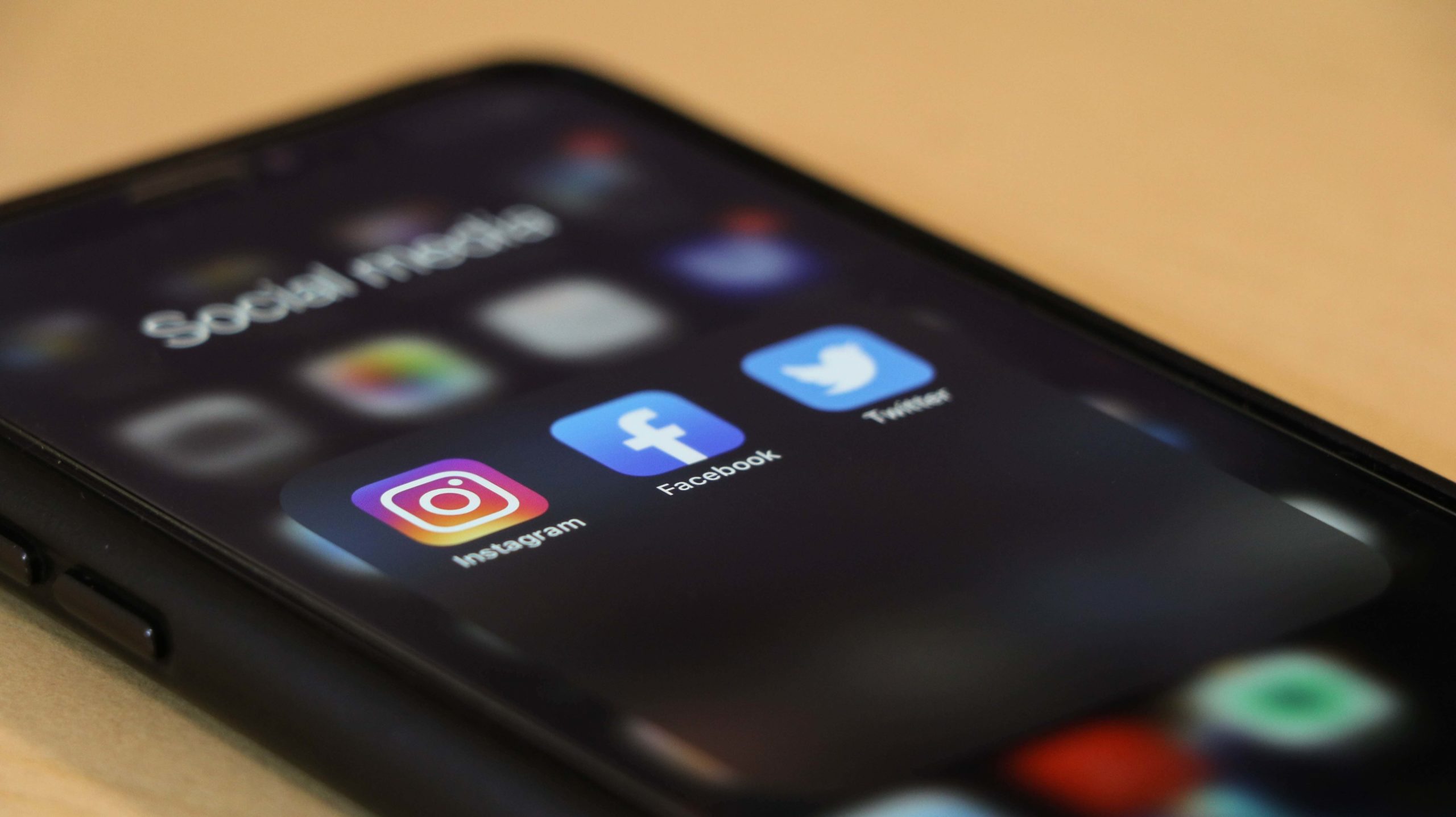
Facebook Might Sell Instagram — What This Means for Advertisers
Update: In June 2021, a federal judge dismissed the antitrust lawsuit against Facebook, claiming that the allegations lack support. The Federal Trade Commission and more than 40 states’ attorneys general are appealing the case’s dismissal.
Just like a predictable daytime soap opera, your regularly scheduled Facebook drama continues — this time with another courtroom episode.
As the American political landscape shifts, Democrats are taking action to rein in big tech monopolies that are allegedly compromising free competition in the digital market.
Of course, Facebook — alongside Google, Amazon, and Apple — is taking heat, and may be required to sell Instagram and WhatsApp.
What could this mean for marketers? We’ll get to that. But first, some context.
The Allegations
In early December 2020, the Federal Trade Commission sued Facebook, pointing to years of anticompetitive conduct.
Following a 15-month investigation, an October 2020 report says the four tech giants “have abused their market power by charging excessive fees, imposing tough contract terms, and extracting valuable data from individuals and businesses that rely on them.”
The FTC’s antitrust lawsuit points to Facebook’s acquisition of Instagram (2012) and WhatsApp purchase (2014) as examples of the anticompetitive behavior, which allegedly “kills” competitors and punishes rivals. In fact, emails from Mark Zuckerberg, Facebook CEO, state that Facebook considered the Instagram purchase in order to “neutralize a competitor.”
So, what will requiring Facebook to sell those acquired entities solve?
“Our aim is to roll back Facebook’s anticompetitive conduct and restore competition so that innovation and free competition can thrive,” Ian Connor, director of the FTC’s Bureau of Competition, said.
But, don’t expect Facebook to go down without a fight.
The Defense’s Take
Facebook is accustomed to having to defend its actions by now, and company leaders have been quick to point the fact that the government cleared the way for the Instagram and WhatsApp acquisitions years ago.
“The government now wants a do-over, sending a chilling warning to American business that no sale is ever final,” Facebook vice president Jennifer Newstead said in a statement.
She goes on to say that Instagram and WhatsApp have reached their levels of success because Facebook invested billions into them. Zuckerberg adds that he is proud of how Facebook “competes hard and competes fairly.”
Whether people choose Facebook’s services like Instagram and WhatsApp because they want to — as Zuckerberg claims is true — and not because they have to, the fact remains that many believe new legislation and enforcement is needed for century-old antitrust laws.

What This Means for Advertisers
If Facebook is forced to sell Instagram, this likely won’t happen quickly.
Zuckerberg is committed to fighting allegations in court, and if the 1998 antitrust case against Microsoft is any indication, this could take years to reach a verdict.
Still, all business owners want to be proactive — we get it. So, what could this Facebook – Instagram breakup mean for advertisers who are reaching customers on both platforms?
1. Instagram’s Targeting Might Get Worse
. . . at first.
Since the platform will no longer have Facebook to rely on, whoever acquires Instagram will have to innovate and discover how to leverage content-based targeting.
It’ll take time, but we foresee that the ad targeting capabilities will eventually improve.
2. Advertisers Will Have More Platforms to Monitor
Advertisers — and in the 9 Clouds space, auto dealership marketing managers — will need to make some decisions about how they split out their advertising budgets between the two platforms.
Additionally, both platforms will need to be monitored on their own merits. Yes, that means doing some extra work. But . . .
3. Advertisers Will Have More Control
Sure, if Facebook and Instagram split, advertisers will be taking more time to coordinate now-separate social media campaign strategies.
But this change would also mean that advertisers on both Facebook and Instagram can drill into separate data sets and evaluate the best marketing plan for their business and determine which platform contributes to a higher return on ad spend (ROAS).
(Psst — this is exactly why Facebook doesn’t want to sell.)
This change would also force both platforms to innovate in order to make up some ground following the breakup.
All in all, this could end up being a win for advertisers, especially those who rely on data to make marketing decisions.
Whatever Happens, We’ll Adapt
Good marketers always do. That’s the job.
No matter what the digital landscape looks like two, three, or 10 years down the road, we will all adapt and learn from it — just as we have in the past two, three, and 10 years:
- Remember when Facebook removed third-party data targeting, and we thought the sky was falling?
- Remember when Facebook implemented a Special Ads category, and automotive marketers thought campaign performance would take a dive?
- Heck, remember when COVID-19 momentarily stopped the world and marketers everywhere fumbled with their digital marketing?
This will be no different.
Marketers, let’s agree to let Zuck do the sweating and we’ll wait calmly and confidently to make our strategic next move.
Once it’s time to figure out what that is — or, in the meantime — we’re here to help. Whether you advertise for an automotive dealership or in any other industry, we’ll keep you in the know with all things digital advertising.
Get More from Your Digital Ads »




